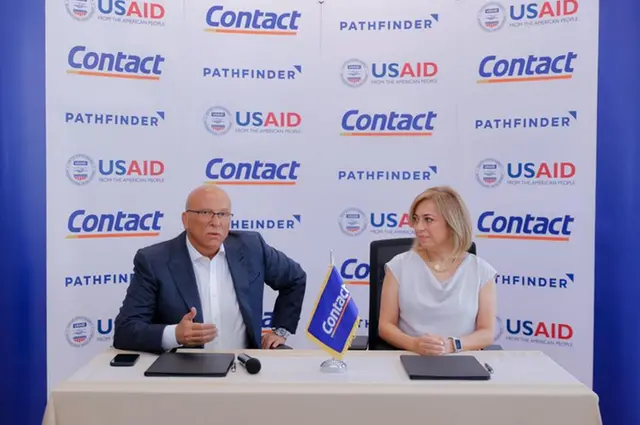Contact Financial Holding has announced a partnership with the Women’s Economic and Social Empowerment Program (WESEP). The financial inclusion project, funded by the United States Agency for International Development (USAID) and implemented by Pathfinder International, is aimed at enhancing the economic and social empowerment of low-income women across Egypt.
According to its organisers, WESEP seeks to engage, benefit, and collaborate with the private sector and civil society initiatives to encourage women’s participation as an active workforce in society.
Speaking about the partnership, Said Zater, CEO of Contact Financial Holding, said: “This partnership reflects our dedication to empowering women and promoting financial inclusion. By providing tailored financial services and increasing financial awareness, we aim to support women’s economic participation and achieve sustainable growth.”
The project reportedly aims to stimulate demand for financial services, enhance market-based solutions tailored specifically for women’s economic empowerment, and strengthen efforts to combat and respond to violence against women.
Interventions are designed to support women in the target governorates of Assiut, Beheira, Cairo, Giza, Minya, Qena, and Sohag, ensuring they feel safe, valued, and empowered at work.
Dina Kafafi, Chief of Party, Women’s Economic and Social Empowerment Program (WESEP), commented: “This partnership is a significant step towards enhancing women’s economic empowerment in Egypt. We are excited to see the positive impact it will have on the lives of the beneficiary women and look forward to working with Contact to achieve the program’s goals.”
The program, expected to continue until February 2027, works with market partners to develop, lead, scale, sustain, and advocate for innovative solutions and consider the economic and social benefits of gender-inclusive policies and practices, it was shared.



